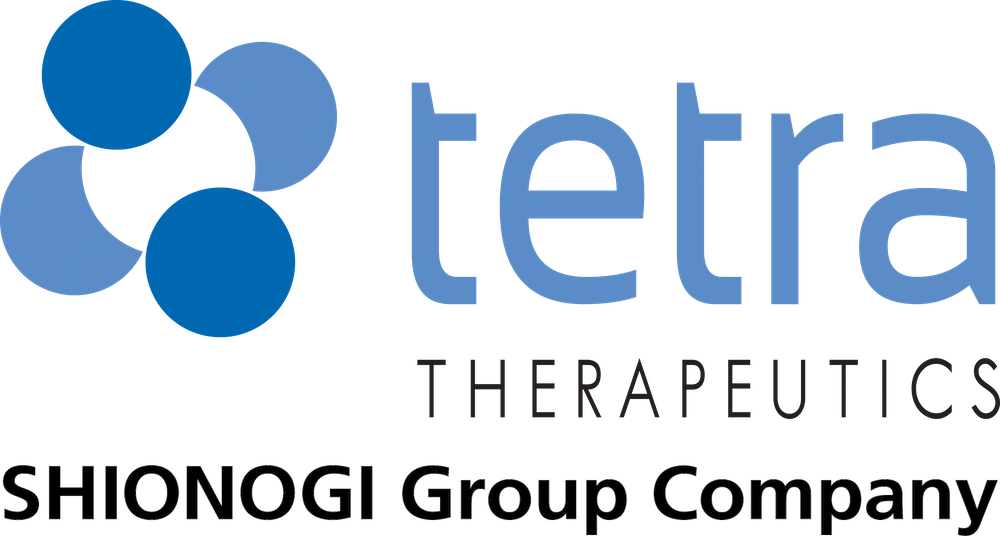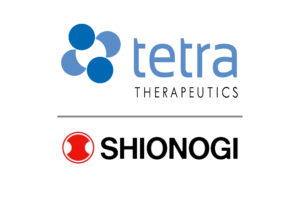Tetra Discovery Partners (“Tetra”) today announced that the company has initiated human Phase 1 safety trials of its lead compound BPN14770, which Tetra is developing as a potential treatment to both improve memory and slow the progression of Alzheimer’s disease.
“There is a rapidly rising need for improved therapies for Alzheimer’s disease. BPN14770 offers a novel approach that intervenes in important neural pathways related to learning and memory storage that underlie daily cognitive function in patients with Alzheimer’s disease,” said Mark Gurney, Ph.D., chairman and chief executive officer of Tetra. “Tetra Discovery has begun an initial human safety study with the compound in healthy volunteers, and expects to expand this to initial explorations of the compound benefit for cognition during 2016.”
Tetra’s Phase I clinical trials are designed to first evaluate BPN14770 in a single ascending dose study (SAD) to assess the safety, tolerability and pharmacokinetics in 48 healthy human volunteers. Endpoints for the study are safety, tolerability, and pharmacokinetics. Afterward, a multiple ascending dose (MAD) study will take place, enrolling young and elderly subjects to provide preliminary efficacy assessment of BPN14770 on long-term memory and other cognitive processes.
BPN14770 was developed through a cooperative research agreement with the National Institutes of Health (NIH) Blueprint Neurotherapeutics Network. “Tetra benefited greatly from the deep industry experience and commitment of NIH Blueprint consultants, CROs, and staff, the National Institute of Neurological Disorders & Stroke (NINDS) and the National Institute on Aging (NIA). The cooperative research program was milestone driven with a rigorous focus on meeting pharmaceutical industry metrics for CNS drug quality and safety. BPN14770 has shown efficacy in multiple animal models of learning and memory with an excellent safety margin for human clinical trials,” commented Dr. Gurney.
“There is a great need for additional new drug targets and treatment approaches for Alzheimer’s disease that effectively reduce symptoms, and potentially also slow disease progression,” said Scott Reines, M.D., Ph.D., chief medical officer of Tetra. “Most current Alzheimer’s disease drug development is focused on amyloid targeted approaches, which even if successful are likely to be more effective when used in combination with drugs addressing other mechanisms of the disease. The PDE4 biochemical pathway of memory and nerve synapse formation targeted by BPN14770 is well documented.
“Moreover,” he added, “researchers have shown great interest in exploring how boosting synapse formation can potentially benefit not only Alzheimer’s disease but also other cognitive disorders such as schizophrenia and learning/developmental disabilities, such as Fragile X syndrome. We greatly look forward to advancing our clinical studies of BPN14770 to understand its potential in treating these serious neurological conditions, which represent enormous unmet medical needs.”


